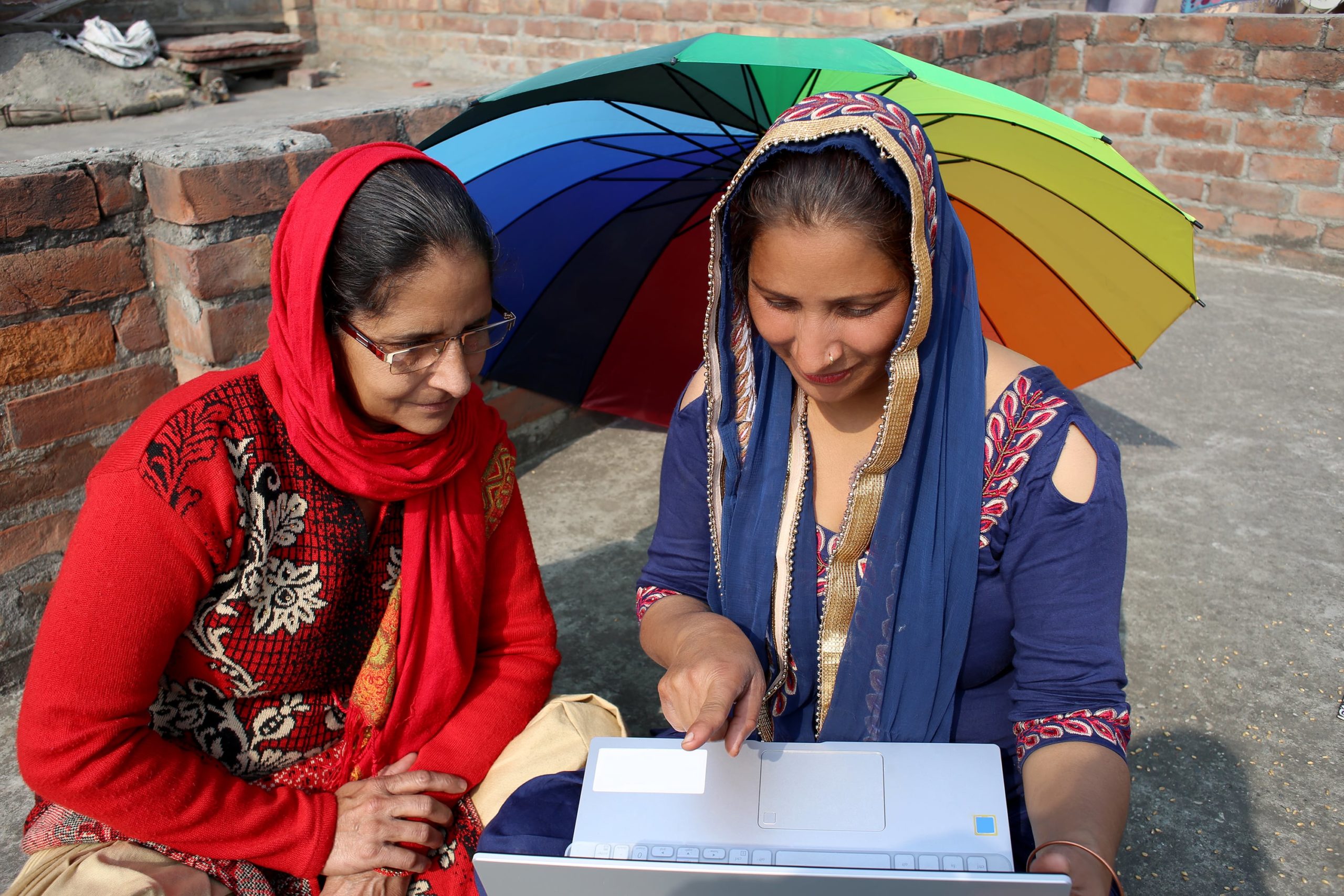Can alleviating commuting constraints enhance the labor supply and labor productivity of women from low-income households? This project studies this question in collaboration with the largest gig-firm in India, engaging 40,000 gig-workers, including 17,000 female workers. These workers commute to clients’ residences to provide a variety of services, including salon treatments, spa services, and home repairs. While 82% of male workers utilize their own vehicles (scooters) for commuting, only 22% of female workers have access to private transportation. Nearly 70% of female workers rely on more expensive and less reliable modes of transportation, such as auto-rickshaws or bike-taxis. In collaboration with the gig-firm, we will provide randomly chosen female workers with the opportunity to buy a scooter using a subsidized loan for scooters. We will then measure impact on (1) women’s labor supply (2) income, savings, travel expenditure (3) productivity, (4) women’s agency and well-being outcomes, children’s education, and health outcomes, (5) firm profits.
With random variation in reduction in commuting constraints and quasi-random variation (due to job assignment algorithm of the gig-company) in distances to jobs & job attributes (time of job, location of job, etc.) – this will be a unique study able to pin down the extent to which commuting constraints impact women’s labor supply. While prior studies have shown that supporting women’s mobility can increase their secondary school attainment rates, increase willingness to apply for – this study will (1) provide evidence on whether and to what extent commuting constraints impact women’s sustained labor supply, earnings, savings, retention, attendance, or productivity such as promotions and (2) provide evidence on a scalable urban intervention aimed at diminishing the gender disparity in transportation usage and labor force participation.
Further, by studying impact on labor productivity of women (measured through earnings, ratings, reviews, promotions etc.) due to access to a productive capital (scooter), this research will add to the literature on misallocation of resources and of talent, due to lack of access to productive assets. Hsieh et al. (2019) show there could be “substantial GDP gains as a result of declining occupational barriers faced by women”. The project will test this theory from the lens of barriers to access to a productive asset by women, which is otherwise largely used/accessed by men in the status quo.
Finally, by providing subsidies we will be able to study whether the firm was underinvesting in their workers and how optimal subsidy can be designed by private firms. Given that improved job outcomes can directly increase firm’s earnings through increased commissions – this study will contribute to the understanding of how and when private sector should invest in accumulation of productive capital by its workers.
